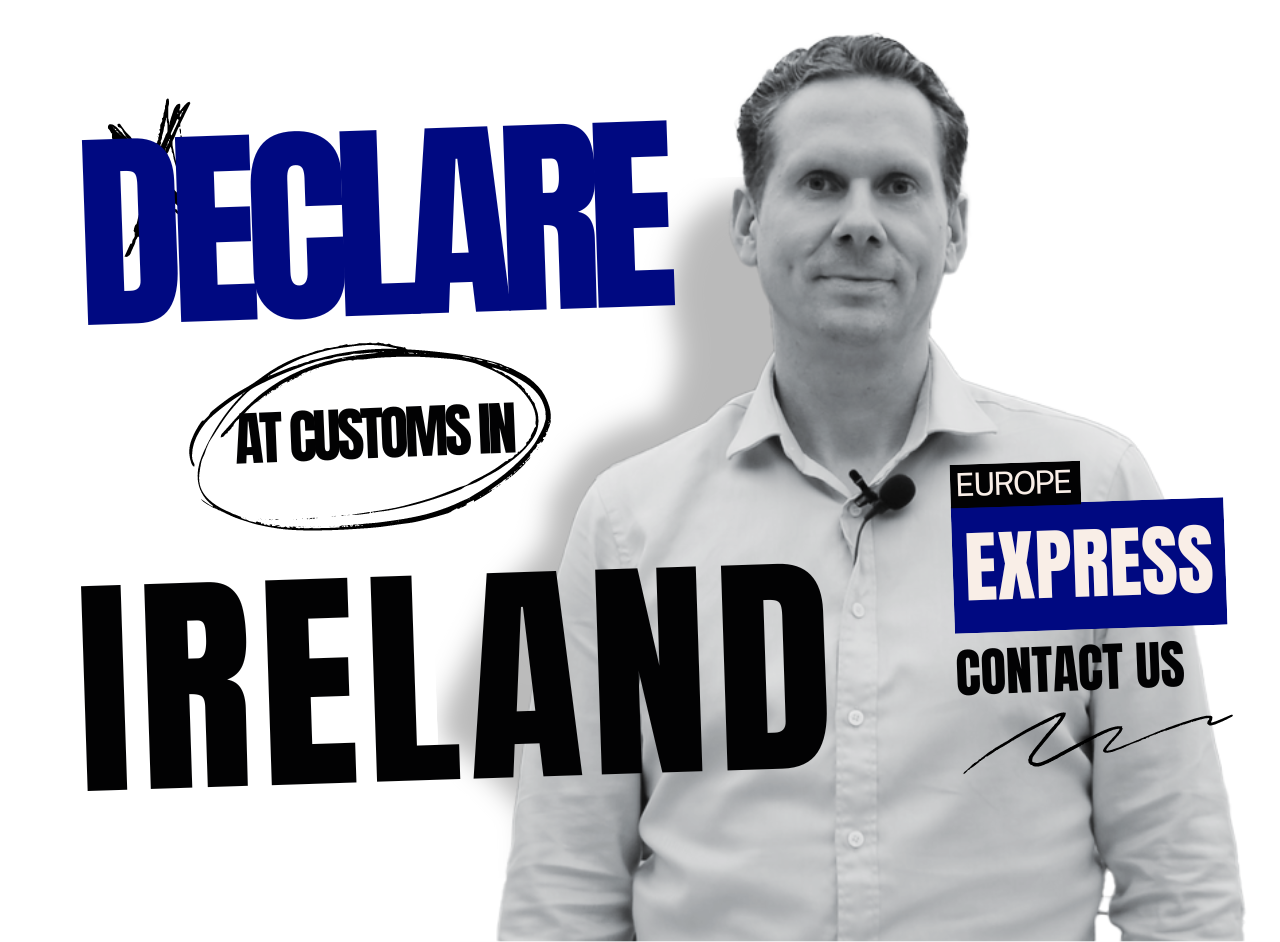Understanding Ireland’s Customs Declarations
1. Commercial Imports:
If you are not relocating your residence to Ireland, you will be classified as a commercial importer. This means you will be subject to standard import procedures, including payment of any applicable duties and taxes. What you need to declare is:
– Details of the goods: Provide a detailed list of each item, including quantity, description, material, origin, and any applicable commodity code (HS code).
– Commercial invoice:An invoice from the supplier outlining the value of the goods, payment terms, and shipping details.
– Bill of lading or air waybill: Documents that provide proof of shipment and delivery.
– Certificate of origin: This document confirms the country where the goods originated, which may be required for specific products.
Other documents: Depending on the nature of the goods, you might need additional documents like import permits, licenses, or certifications.
2. Transfer of Residence:
If you are moving to Ireland, you may be exempt from import taxes on your personal effects. This exemption applies to goods that are genuinely for your personal use, not for commercial purposes. What you need to declare is:
– Evidence of your new residence: This usually involves registering at your local council in Ireland to confirm your residency status.
– List of goods: Provide a comprehensive list of all the items you are bringing with you, including details like quantity, description, and approximate value.
– Proof of ownership: Documents like receipts, purchase invoices, or other relevant proof that demonstrates the goods are yours and not acquired for commercial purposes.
– Your identity: Present a valid passport or other official identity document.


